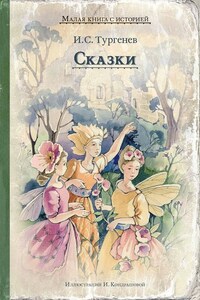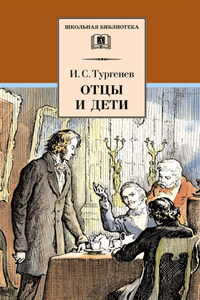History of a Town. Edited by M. E. Saltykoff, (Istoriya odnogo goroda.) St.-Petersburg, 1870
This is a book which in spite of its eccentricity, an eccentricity even running somewhat into caricature, will not only be read with pleasure by lovers of humour and of satirical verve, but will doubtless be taken into consideration by the future historian of the changes through which the face of Russian society has passed during the last hundred years. Its author, who usually writes under the name of Stchedrine, but whose real name is Saltykoff (a descendant, by the way, of the ancient family of Moscow Boyars of that name), after having, like many other writers suspected of propagating liberal opinions, undergone his time of persecution and of exile under the Emperor Nicholas, acquired a great deal of popularity by the publication, some fifteen years ago, of a series of sketches called Scenes of Provincial Life (Gubernskie Ocherki), in which he lashed with indomitable vigour the numerous abuses then current under the name of Government and Justice.
Saltykoff’s manner as a satirist somewhat resembles that of Juvenal. His laughter is bitter and strident, his raillery not unfrequently insulting. But, as we have already said, his violence often assumes the form of caricature. Now there are two kinds of caricature: that which exaggerates the truth, as with a magnifying glass, but which never entirely alters its nature, and that which more or less consciously deviates from the natural truth and proportion of fact. Saltykoff indulges in the first kind only, the only admissible one. It is the natural consequence of his character: kind and sensitive at bottom, but superficially rude. At the same time he is very delicate in his perceptions, which have something of instinct and divination about them. He has read much, and above all he has seen much. In fact he knows his own country better than any man living. The History of a Town — which is in reality a sort of satirical history of Russian society during the second half of the past and the beginning of the present century, under the form of a burlesque description of the town of Glupoff, and of the governors who successively ruled over it from 1762 to 1826 – could not well be translated in its entirety, nor do I think that it could be understood or appreciated by a Western public. The «taste of the soil» is too perceptible, and the language too often runs into slang. Frequently too the author allows his fancy to run away with him in a manner quite preposterous. In the series of typical Governors of Glupoff (Dullborough), for instance, there is one who has for his head a pâté de foie gras, which is eventually devoured by the «Marshal of the Nobility», a great gourmand and lover of truffles. Such absurdities as these, very possibly, have been introduced on purpose, in order to discomfit the overattentive or official reader.










